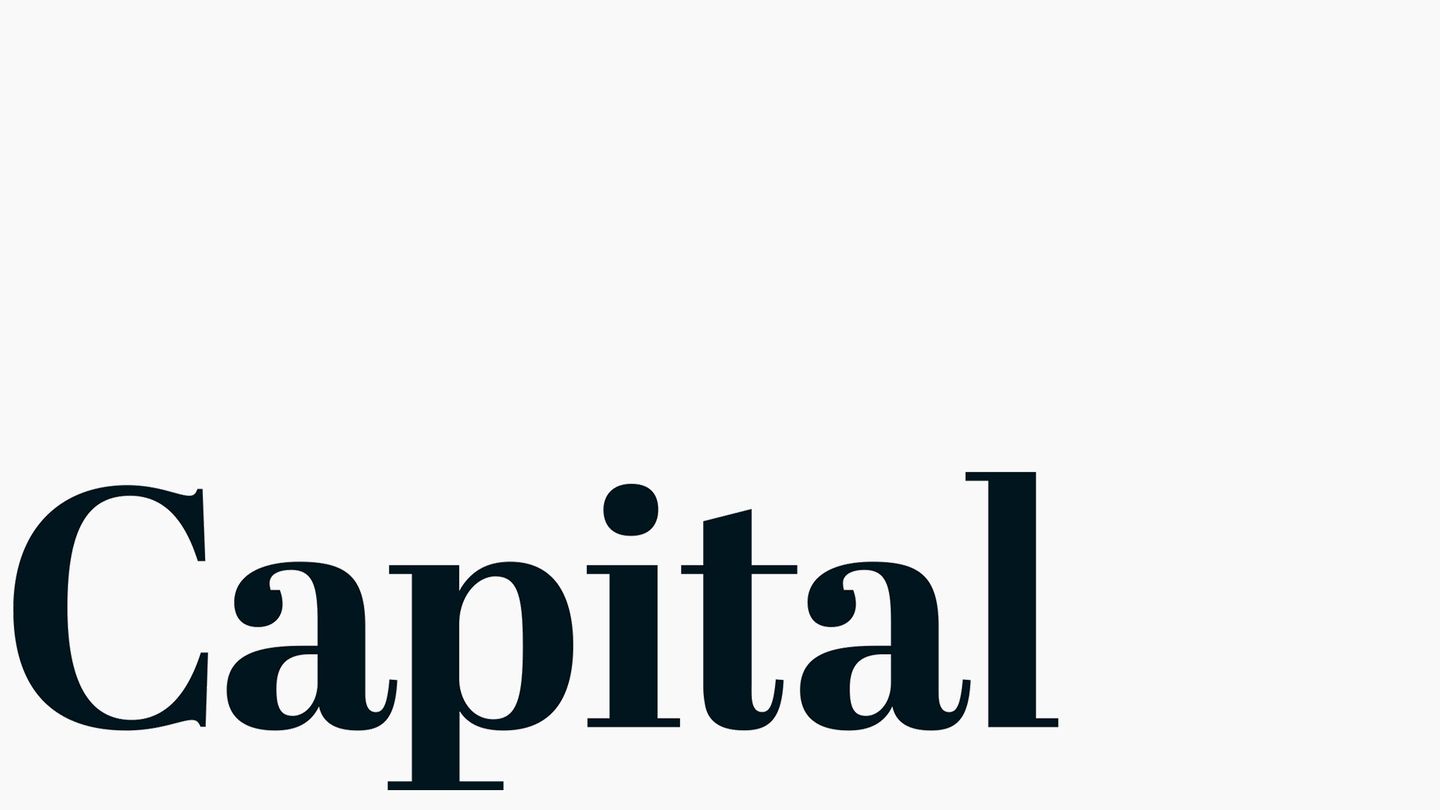From 2025, German companies and self-employed people must be able to receive electronic invoices. KPMG expert Nancy Schanda explains why paper and PDF will soon be obsolete.
Ms. Schanda, electronic invoices will be available from 2025. Is the receipt in the supermarket or café available via email or to be scanned as a QR code?
No, unfortunately not. The e-invoice only applies to the B2B sector, i.e. only between tax companies. They must ensure that they can receive electronic invoices from 2025. Anyone who shops in a supermarket does so as a private individual and is not affected by the new regulation.

This is original Capital branded content. This article is available for ten days on stern.de. You will then find it again exclusively on capital.de. Capital belongs like that star to RTL Germany.
Are there already companies that send electronic invoices?
Some already do this, but sending an invoice in electronic format is not yet mandatory. This will only happen to German companies in 2027. Companies that have an annual turnover of less than 800,000 euros will receive some reprieve. You can still issue invoices the traditional way until 2028. Conversely, this means that entrepreneurs can still accept invoices in the traditional format until then.

Why does the willingness to receive e-invoices become mandatory?
To date, the tax offices have lacked more detailed information on a company’s individual transactions. You will only receive an advance sales tax return at the end of a month or quarter in which the sales total is reported. The willingness to receive e-invoices, which comes into force next year, is intended to further digitize the sales tax process and is the first step towards real-time reporting. This is intended to create more transparency for the tax authority. Taxpayers also benefit from this: If invoices and sales are automatically sent to the tax office electronically at some point, there is no need for additional declaration in the tax return.
What about so-called small business owners who are exempt from sales tax?
If you have not opted for sales tax, the issue of e-invoicing is unnecessary for you.
Are companies considered receptive if they can receive invoices as PDFs?
No, a PDF is unstructured from a technical perspective. In the future, only those invoices that are issued in a structured, i.e. machine-readable format and meet the EU standard EN 16931 will be considered electronic. This is an XML format in which the data set is written in some kind of special markup language. The recipient must first convert it into a human-readable format in order to be able to process it further. Without this step it often doesn’t work; after all, the document has to be checked and booked.
How well are German companies already prepared for this?
Most people can adapt their existing IT solution to the new requirements with a reasonable amount of effort. Large companies in particular already work with electronic invoice receipt and electronic processing. Because companies can achieve efficiency gains with electronic invoices. When data is available in a structured form, it is easier to process than with a lengthy paper process.
How do you estimate the effort for companies that are not yet ready?
If companies already use scanning software, the effort required to change over to the reception readiness, i.e. for the input page, is low. Most accounting software can already convert an XML file back into a readable format. Changes on the output page of an invoice, on the other hand, are more complex. Companies have until 2027 to do this. However, the implementation effort is likely to grow exponentially in the following years. So far we are only talking about electronic invoicing. Digital reporting, i.e. the transmission of this electronic invoice data to the tax administration, is then the next sensible step. Unfortunately, every new requirement requires existing processes to be revisited.
What consequences should companies fear if they are not yet ready to receive e-invoices at the beginning of next year?
The law does not provide for a specific fine. However, reputational damage can occur and problems with business partners can occur. Many suppliers have adapted their general terms and conditions so that customers guarantee that they can accept e-invoices when concluding a contract. Anyone who cannot comply with this will be liable for damages under civil law. After the transition period expires until 2027, the tax authorities may refuse to deduct input tax from invoices that do not correspond to the electronic format.
Are e-invoices also valid in other countries?
There are national requirements for e-invoices around the world. Within the EU, everyone will adhere to the EU standard when it comes to format, but there will still be one or two special features in each country. For example, the Italians want everything in the invoice to be documented in the Italian language. German entrepreneurs who work there must therefore prepare themselves to be able to receive and understand such invoices. I recommend getting an overview first. Entrepreneurs should look at which EU member states and other countries around the world they operate in and where they have what obligations. I think it’s the wrong approach to hastily commit yourself to any software provider.
Source: Stern




